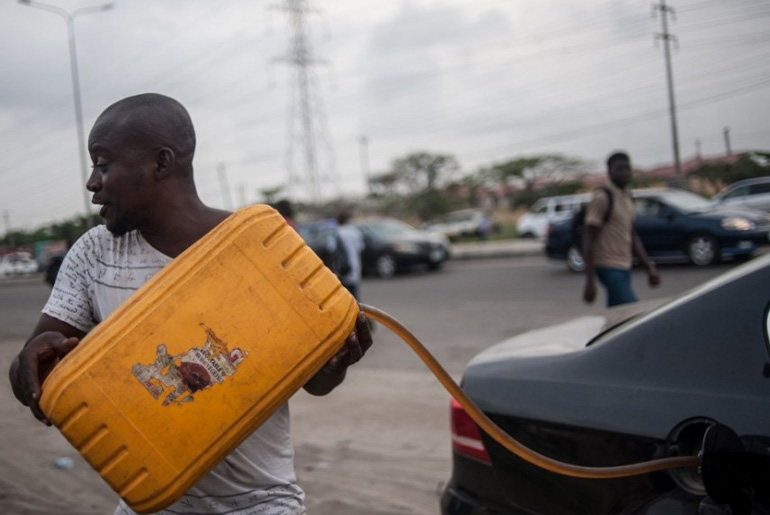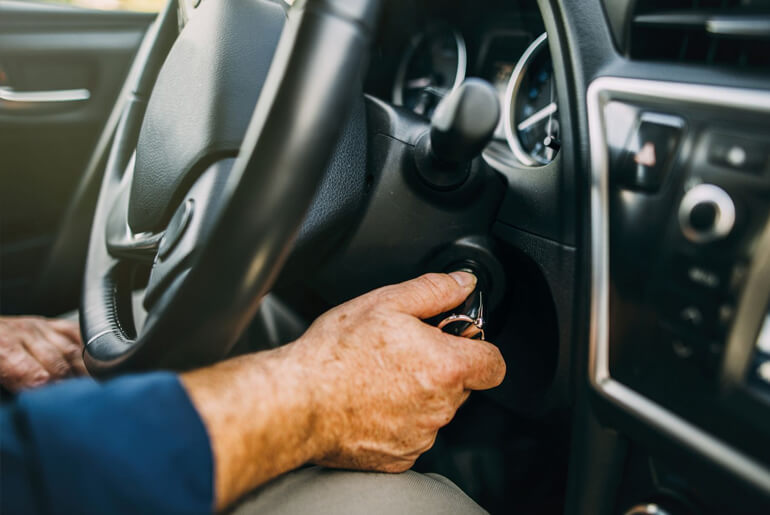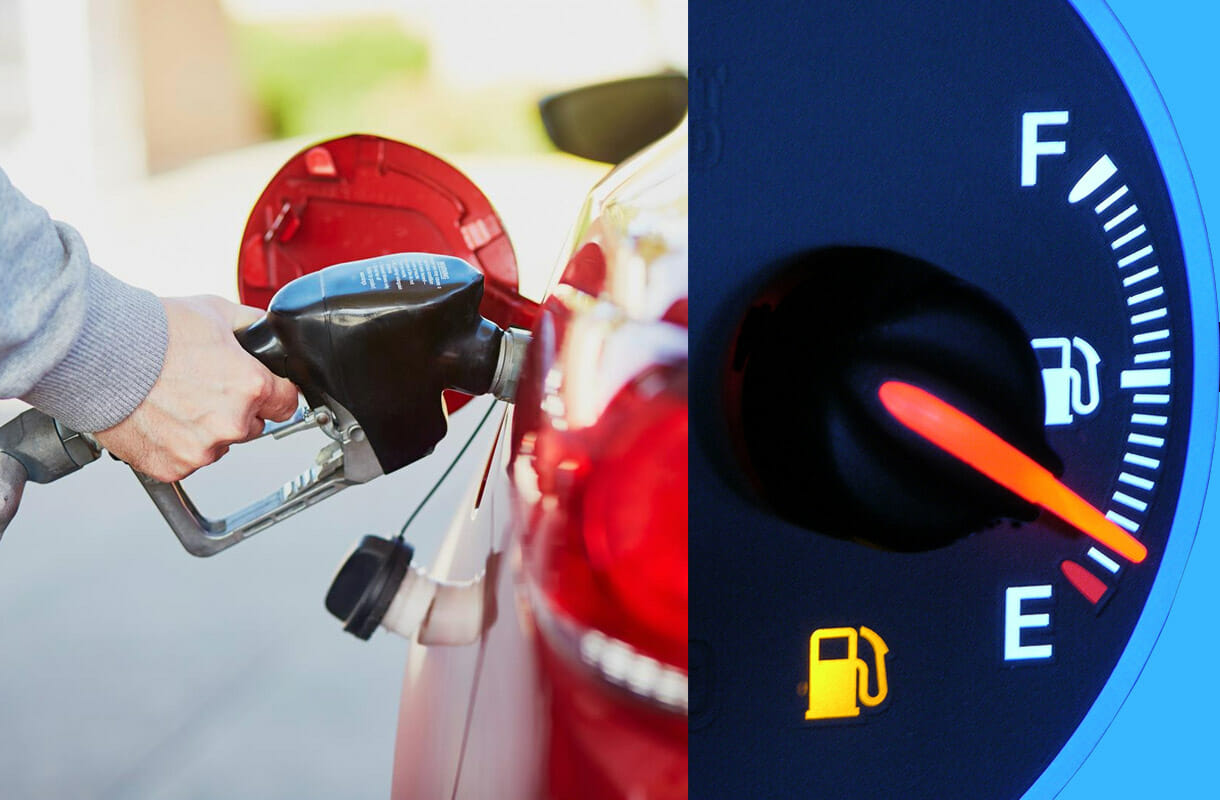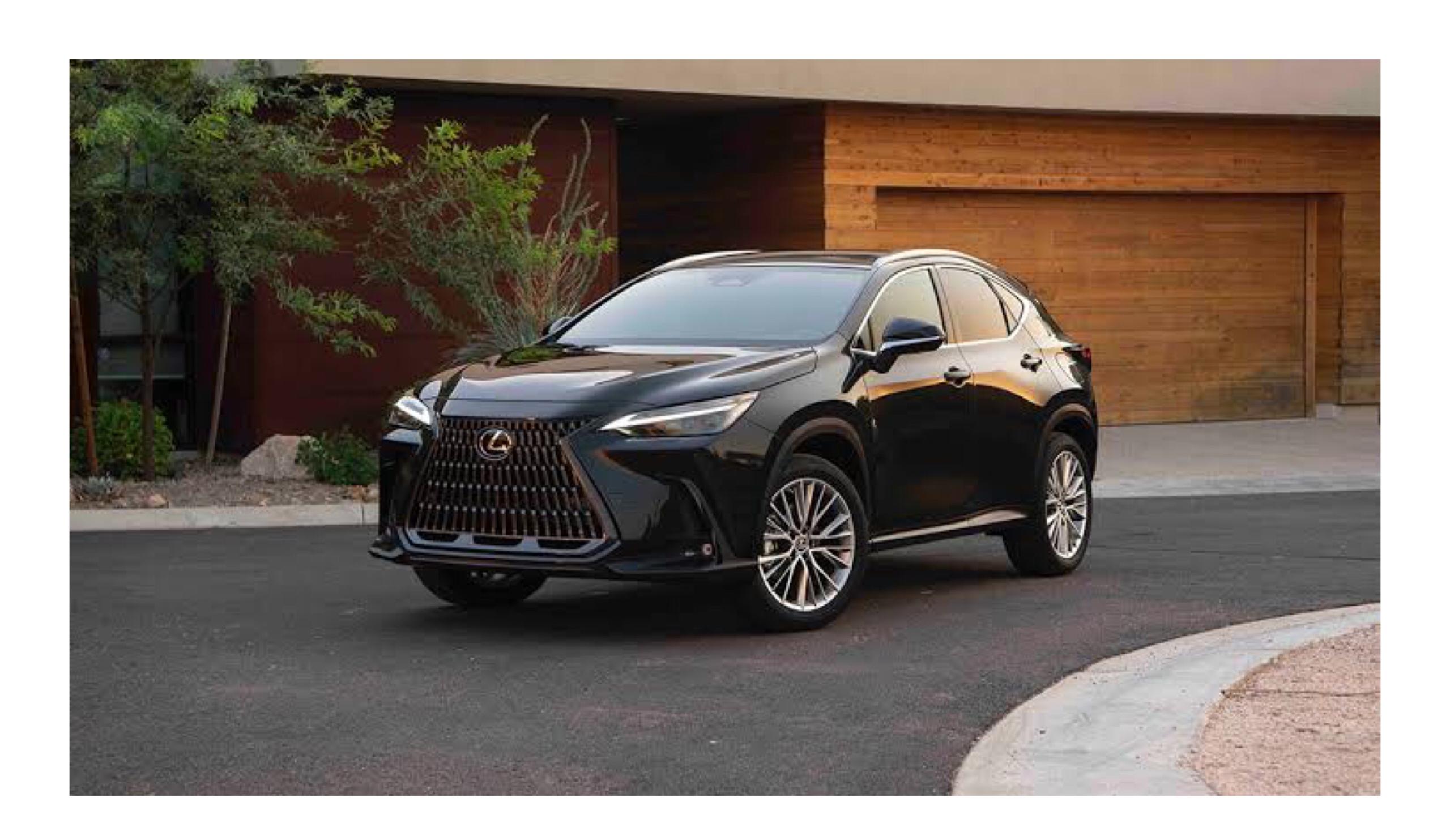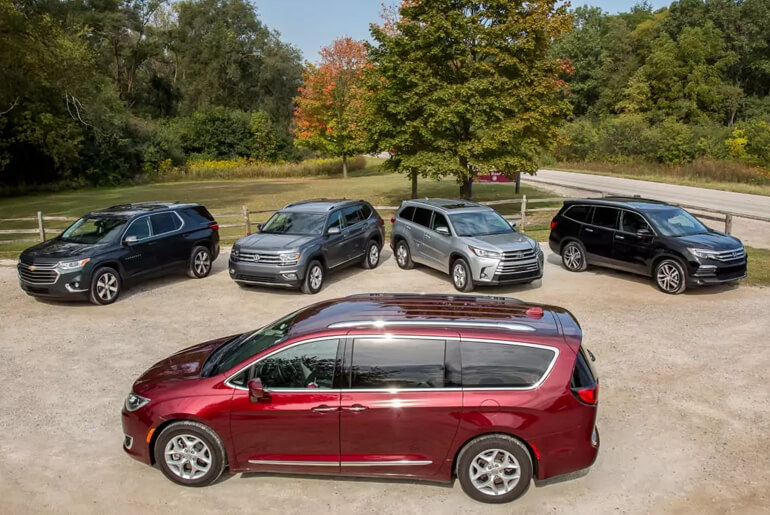Fuel consumption in Nigeria is one of the ways the Nigerian government has subsidized living for its citizens over the years. The practice began in 1970 and became institutionalized by 1977, followed by an act referred to as the Petrol Control Act. With this act, selling petrol above the regulated price quickly became illegal in Nigeria.
To manage the effect of subsidy, the Nigerian government had to pay certain ost, and over the years, the cost of providing petrol subsidies continued to increase. This was a result of the increase in prices of raw materials like crude oil in the international market.
Some of the challenges that came as a result of the fuel subsidy include:
- The unsustainable financial cost of the subsidy
- Smuggling
- Corruption
- Economic distortion
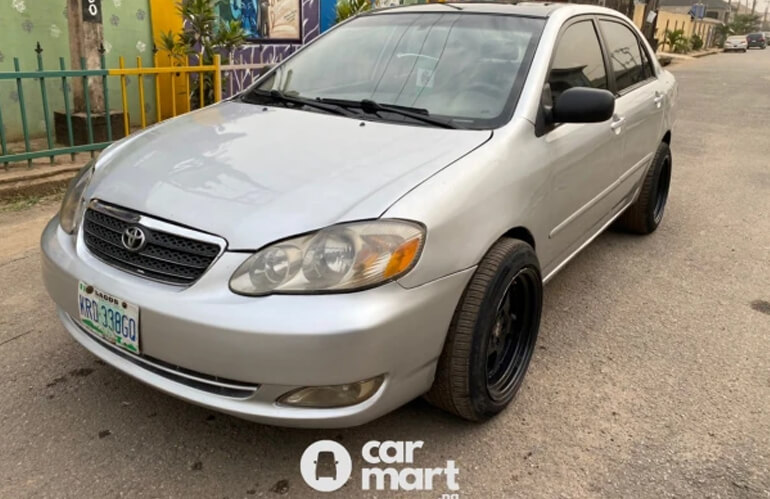
To mitigate against all of these challenges the Nigerian government experienced with fuel subsidies, the government made a decision to remove the fuel subsidy, and on the 29th of May, 2023, the new President, Bola Tinubu, announced it during his inauguration.
However, the removal of fuel subsidies and the introduction of new fuel prices in the country by NNPC on the 1st of June has brought about many challenges for many Nigerians.
For many car owners and commercial drivers, this means they’ve been subjected to paying 4x for the same size of fuel they use for their daily operation. In many instances, Nigerians have highlighted how the fuel subsidy removal is impacting business.
For instance. Transportation businesses have had to bear the brunt of increased prices in fuel. Suddenly, Bolt and Uber’s prices have tripled, and Bolt drivers are complaining of not being able to meet daily targets due to customers turning down rides due to increased prices.
A particular Nigerian man has detailed how he ended up paying N40,500 for 25 litres of fuel which still did not fill his 4-plug engine Honda vehicle. If N40,500 (which is basically half the salary of an average Nigerian) cannot fill a Honda vehicle, how much then will car owners in Nigeria who drive V8 engine cars spend to fill their tanks or, at the very least, get the tank halfway?
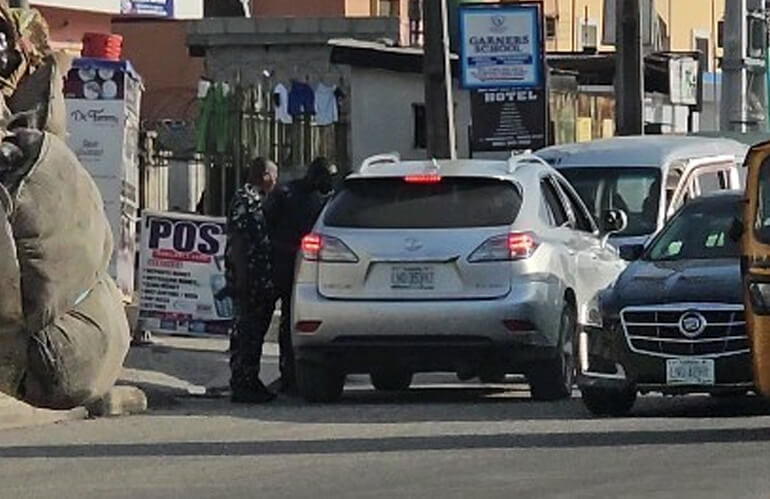
However, there are still those in Nigeria for whom the increase in the price of fuel has meant an increased opportunity to double their revenue. Some of the people in this category are filling stations across the country who have had to hoard fuels they bought at lower prices only to sell them 5x higher than their cost price.
Many Nigerians are yet to imagine a Nigeria where the removal of fuel subsidies means well for the average Nigerian driving a 2005 Toyota Corolla. The only alternative many have currently is to either dump their vehicles at home or purchase the little amount of fuel their money can afford them.
Also, check this out
Have 1 million naira and above to Buy or Sell Cars In Nigeria? Check carlots.ng
All rights reserved. Reproduction, publication, broadcasting, rewriting, or redistribution of this material and other digital content on carmart.ng is strictly prohibited without prior express written permission from Carmart Nigeria - Contact: [email protected]

